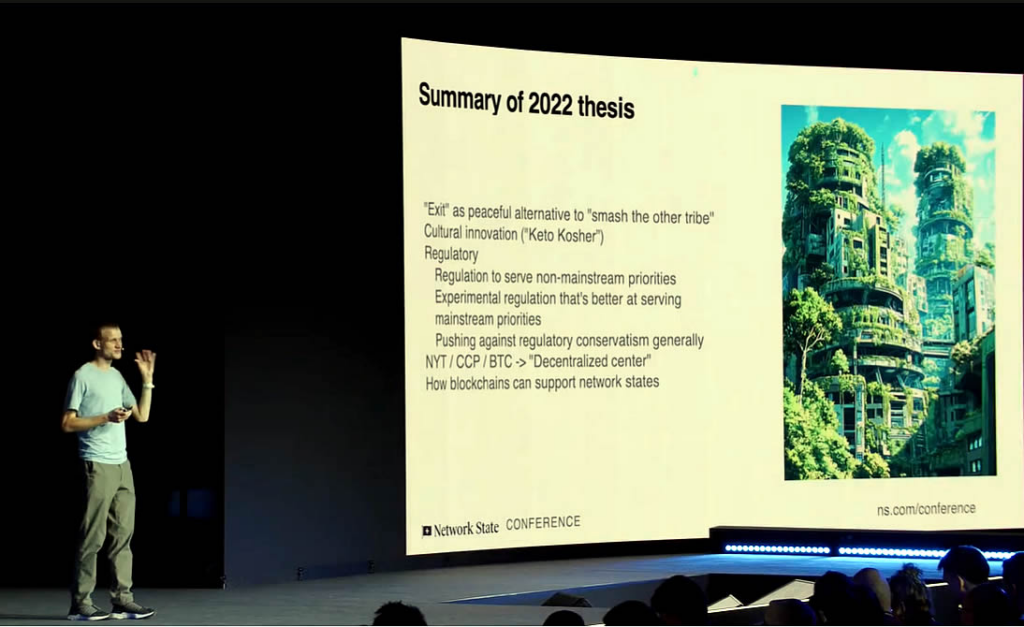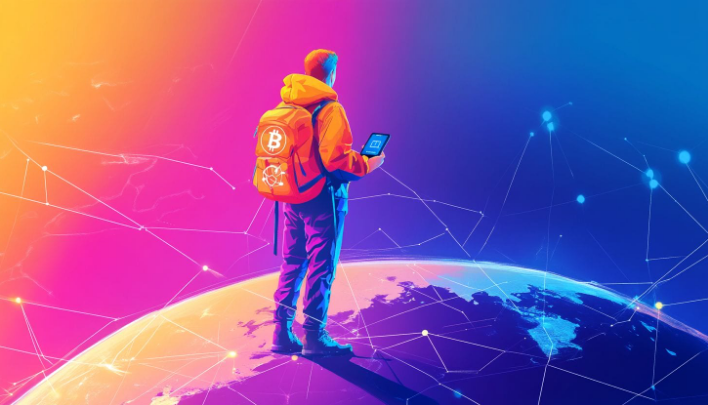After Zuzalu city trial, Vitalik Buterin sees two issues in governance and membership, which he must address to make his network states concept workable.
To make his “popup city” or “network states” notion feasible, Ethereum co-founder Vitalik Buterin has disclosed that he still has to resolve at least two significant issues: membership and governance.
On September 22, Vitalik Buterin outlined the philosophy underlying “network states,” a movement in which virtual communities unite to establish real communities and pursue political autonomy.
This was his presentation at the Network State Conference 2024 in Singapore.
From March to May 2023, 200 members of the Ethereum community, crypto CEOs, biotech entrepreneurs, and scientific researchers were brought to Montenegro as part of the mathematician’s experiment known as Zuzalu.
Collaboratively addressing collective issues such as human longevity was the aim. Buterin suggested, “Get these people together, try to be a city for 60 days, and then see what happens.”

He claimed that the human element was important and that people appreciated the experience, which included lots of yoga, cold plunges, and nutritious food.
He continued that the governance issues remained unresolved, and it was “unclear what immediate next step Zuzalu implied.”
However, the experiment made it unclear how to put these into practice.
Buterin clarified that these governments might have policies that assist their population and could reject over-regulation that stifles progress (as seen in the West).
Popup cities, he claimed, represent a new medium in which one can “do sci-fi” and “think ten steps ahead.”
However, tribalism, which is evident on social media today, has to be constructive interactions between network states because it is “zero-sum and unproductive,” he stated.
Popup cities have “product market fit,” but “we have to solve governance and membership more,” according to Vitalik’s conclusion.
He concluded by saying, “To go further from here, the path depends on the goal.”
“We should all be cooperating much more even if we have different goals and we should think carefully about how.”
Balaji Srinivasan originated the idea of network states, which Buterin elaborated on in 2022.
It is suggested that network states, which combine aspects of individualism and community ideals, could replace libertarianism.



